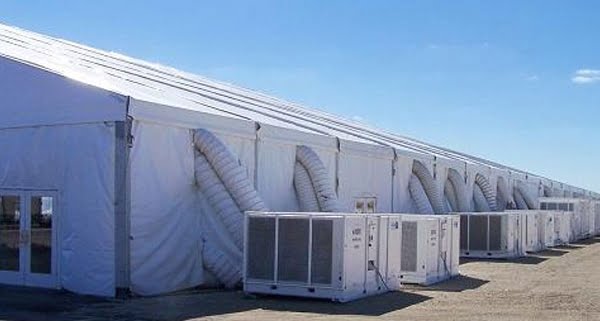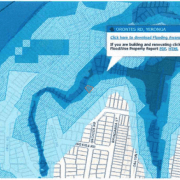One of the key reasons we selected commercial retail shops as the foundation of our wealth engine was due to the low maintenance aspect of these shops. In fact the only real major items of plant and equipment that is the responsibility of the landlord to fix is the hot water system and the air conditioner. The hot water systems are typically not that expensive at around $1,000 installed and will last between 8-10 years. So whilst it’s a good idea to understand how old the hot water system is it typically won’t be a factor in your property due diligence.
Air conditioners on the other hand are a different story and depending on the size of the building can range anywhere from $3,500 up to $7,000 for a shop 35 to 100 sqm’s. This can increase to $20,000 for shops above 200 sqm’s. So understanding the age and condition of the air conditioner in your shop is important and should be a factor to check during due diligence. If they are over 8 years old this should not put you off buying the property, but it may be a negotiating point you can use with the agent to justify a lower offer.
One good way to understand the condition of the air conditioner is to ask the tenant. In fact under most leases the tenant is responsible to service and maintain the air conditioner, so asking them who looks after it and how often it is serviced is a good idea. I have had tenants tell me that the air conditioner is always breaking down, it’s old and costs a fortune to repair as it’s still using the old R22 gas. The owner expects me to keep fixing it even after the maintenance mechanic told us that it’s not commercially viable to keep repairing.
This is a common problem with air conditioners and the way they are addressed in a lease, it requires the tenant to maintain something that should be replaced by the owner. Let me demonstrate, the attached extract is taken from one of my current leases:
8 Air conditioning
8.1 The landlord’s property includes the Air conditioning equipment which services the Premises. The tenant must enter into a maintenance agreement with a contractor approved by the landlord for the maintenance of the Air conditioning equipment. The tenant must pay the cost of maintaining and repairing the Air conditioning equipment. The tenant will at the request of the landlord provide to the landlord a copy of the maintenance contract.
46 The landlord’s responsibilities
46.1 The landlord is responsible for items of a capital nature, except damage the tenant is responsible for under the previous clause.
So here lies the confusion often encountered between landlords and tenants, when the air conditioner needs to be replaced it is considered plant and equipment and the property of the landlord. Hence the replacement is borne by the landlord. However with most parts such as control boards, fans, motors etc. readily replaceable there is no reason why a mechanic would not be able to repair an air conditioning unit from the ground up, no matter what the state of its condition. Landlords therefore can be in dispute with a tenant that doesn’t want to keep throwing good money after bad repairing an old model air conditioner that keeps breaking.
So when buying be cautious about the age of the air conditioner in the building and talk to the tenant to see if it’s been a problem and whether or not it is being regularly serviced.
Air conditioner warranties are typically issued for 5 years and in my experience can last many more years if well maintained. If your unit is still under warranty then that’s great news however if it’s not and it is old you may want to factor in its replacement into your offer.
- For older air conditioning units there is a specific problem that has been introduced with the signing of the Ozone Protection and Synthetic Greenhouse Gas Management Act 1989. It means air conditioner condenser units (the box that sits on the roof or outside the shop) that use R22 gas are no longer sold and rarely maintained as it is a damaging greenhouse gas. Knowing this would definitely mean replacement is imminent and a factor you should include in due diligence to reduce your purchase price.









